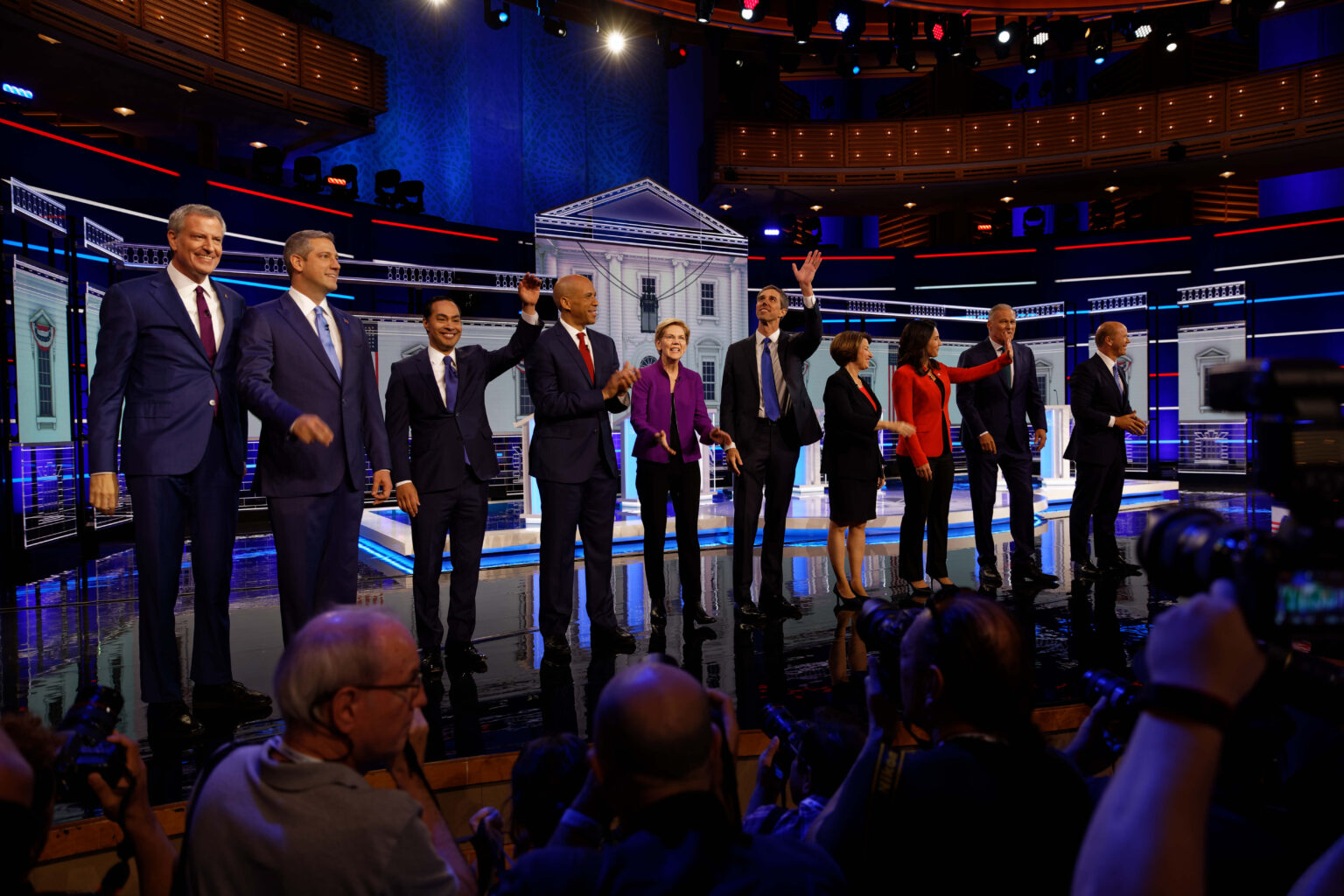Debates are a significant aspect of democratic societies, providing a platform for candidates, experts, and advocates to discuss pressing issues, present their viewpoints, and engage with the public. Whether it’s a political debate leading up to an election, a scholarly debate on a current issue, or a public forum on social matters, understanding when these debates occur is crucial for participation and engagement. This article explores the importance of What Time is the Debate, how to find their schedules, and the factors that influence their timing.
The Significance of Debates
Debates play a pivotal role in shaping public opinion and influencing decision-making. They serve several key functions:
1. Informing the Public
Debates provide voters and citizens with crucial information about candidates’ policies, values, and positions on important issues. This helps individuals make informed decisions, especially during elections. By watching debates, the public can compare candidates side by side, assessing their readiness to lead and their ability to articulate their ideas.
2. Encouraging Accountability
Debates hold candidates accountable for their past actions and proposed policies. They are an opportunity for opponents to challenge each other, forcing candidates to clarify their positions and defend their record. This accountability is essential for a healthy democracy, as it ensures that leaders are transparent about their intentions and plans.
3. Fostering Engagement
Debates can generate significant interest and excitement among voters, especially when they feature compelling candidates or contentious issues. This engagement can lead to increased voter turnout and participation in the electoral process. The more informed and engaged the public is, the more robust the democratic process becomes.
4. Shaping Public Discourse
Debates often introduce new ideas and perspectives into public discourse. They can help elevate lesser-known issues to the forefront of political discussions, challenging the status quo and encouraging voters to think critically about various topics.
Finding Debate Schedules
Given the significance of debates, knowing when they take place is crucial for anyone interested in participating in the democratic process. Here are some ways to find debate schedules:
1. Official Websites
Most political parties, candidates, and debate organizations publish schedules on their official websites. This is often the most reliable source for information, providing details about the date, time, location, and format of upcoming debates.
2. News Outlets
Major news organizations typically cover political events extensively and will report on upcoming debates, including times and channels where they can be viewed. News outlets may also provide analysis and commentary before and after the debate, enhancing the viewing experience.
3. Social Media
Candidates and political organizations often use social media platforms to announce debate schedules and provide updates. Following candidates and relevant organizations on platforms like Twitter, Facebook, and Instagram can keep you informed about debates and other important events.
4. Community Forums and Organizations
Local civic organizations, universities, and community groups often host debates or discussions on current issues. Checking with these organizations can provide insights into local debates, their times, and how to participate.
Factors Influencing Debate Timing
Several factors can influence when debates are scheduled, including:
1. Election Cycle
During election years, debates are often timed to coincide with key milestones in the electoral process, such as primary elections and general elections. Candidates may participate in a series of debates to build momentum and connect with voters in the lead-up to these events.
2. Audience Engagement
Debate organizers consider when the largest audiences are likely to tune in. This often means scheduling debates during evenings or weekends, when more people are available to watch. Timing can also be influenced by competing events, such as major sports games or holidays, which might detract from viewership.
3. Format and Length
Debates can vary in format, including town halls, formal debates, and moderated discussions. The chosen format can influence the duration and timing of the event. For instance, longer debates may require more extensive planning to accommodate speakers and audience interaction.
4. Media Coverage
The availability of media coverage can impact debate scheduling. Organizers often aim to maximize viewership by coordinating with major broadcasting networks, ensuring that debates are accessible to as many people as possible.
5. Candidate Schedules
The personal and professional schedules of candidates can also affect debate timing. Candidates often have busy campaign schedules, which may limit their availability for debates. Organizers must take these schedules into account when planning events.
Preparing to Watch a Debate
Once you’ve determined when a debate will take place, it’s essential to prepare for an engaging viewing experience. Here are some tips:
1. Research the Candidates and Topics
Before the debate, familiarize yourself with the candidates and the issues that will be discussed. Knowing their positions and past actions will help you understand their arguments and evaluate their responses during the debate.
2. Create a Comfortable Viewing Environment
Set up a comfortable space to watch the debate, whether it’s at home or at a viewing party with friends and family. Consider the best seating arrangement and ensure you have snacks and drinks ready to enhance the experience.
3. Engage in Active Listening
During the debate, practice active listening. Pay attention to the candidates’ responses, body language, and how they interact with one another. Take notes on key points and arguments, as this can help you engage in discussions afterward.
4. Participate in Discussions
After the debate, engage in conversations with friends, family, or on social media about what you witnessed. Sharing perspectives and discussing the candidates’ performances can deepen your understanding and promote civic engagement.
5. Fact-Check Claims
Debates can be a platform for misinformation, so it’s essential to fact-check claims made by candidates. Look for reputable sources to verify statements, especially those that seem dubious or controversial.
The Future of Debates
As technology evolves, the format and accessibility of debates are likely to change. Virtual debates, live-streamed events, and interactive forums are becoming increasingly popular, allowing broader participation from the public. Additionally, the rise of social media platforms enables candidates to engage with voters in real-time, potentially altering the traditional What Time is the Debate landscape.
Conclusion
Understanding when debates occur is crucial for informed civic engagement and participation in the democratic process. Debates serve as a platform for candidates to articulate their views, engage with the public, and be held accountable for their positions. By staying informed about debate schedules, preparing for viewings, and engaging in discussions, individuals can actively participate in shaping their communities and influencing the future of governance. Whether it’s a political debate or a discussion on social issues, the opportunity to listen, learn, and engage is vital to fostering a vibrant democracy. So, the next time someone asks, “What time is the debate?” you’ll be prepared to answer and join in on the conversation.

